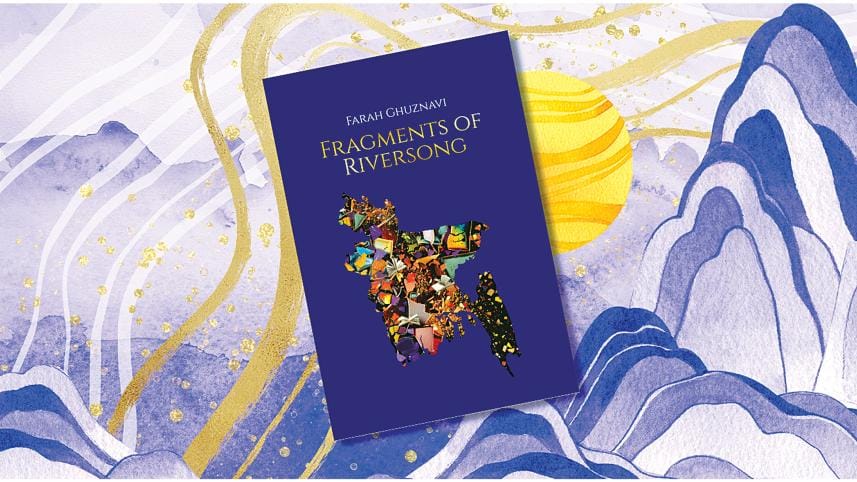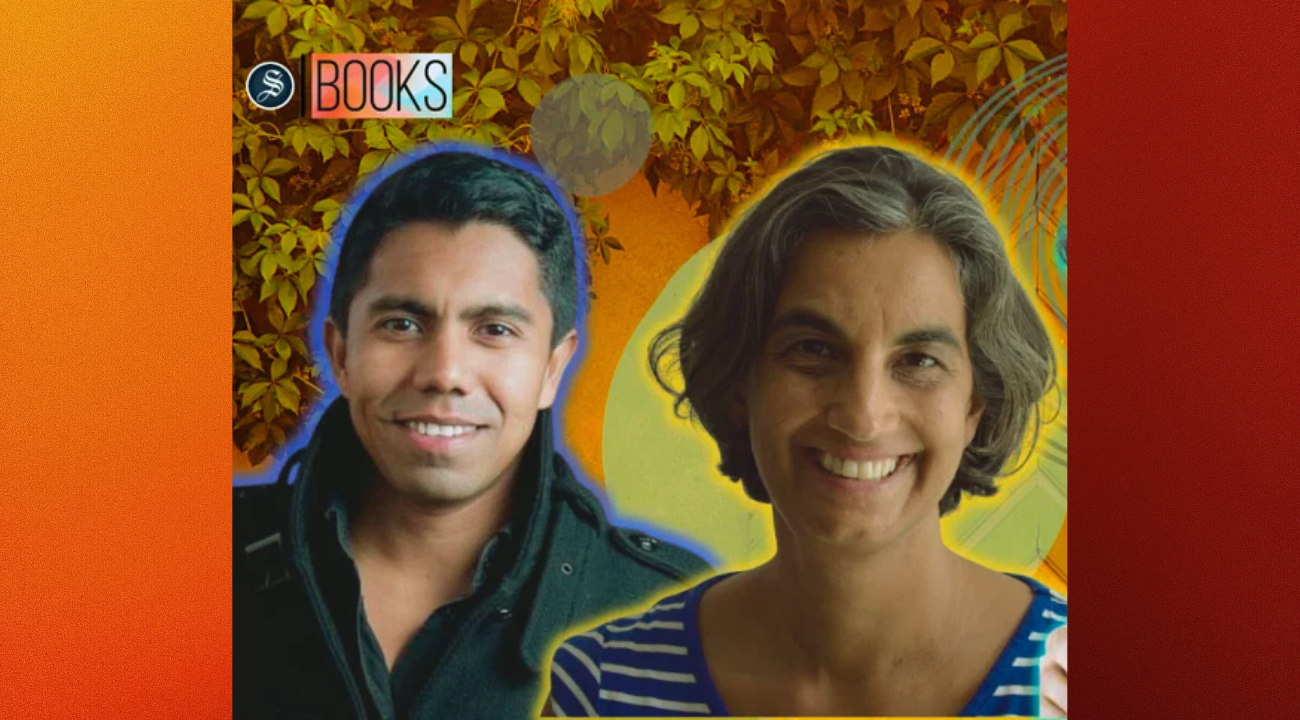Rediscovering Reading: How ‘Fragments of Riversong’ helped me heal

Harvard killed my love for reading. When my advisor took me out for a celebratory dinner an hour after my doctoral defense in July 2012, I struggled to read the menu. My brain had apparently gone on strike. A month later, when I moved to Bangladesh to begin my dream job at the Asian University for Women, I still found it difficult to focus on reading anything other than what I needed for teaching. I wistfully thought of the piles of books I would carry home from the library to read as a teenager. Although I occasionally savoured books such as Maria Chaudhuri's haunting memoir Beloved Strangers (Bloomsbury Publishing PLC, 2014) and Zia Haider Rahman's perplexingly brilliant In the Light of What We Know (Farrar, Straus and Giroux, 2014), the number of books I began reading and gave up on kept growing. Had I lost my love for reading?
On April 15, 2015, my father suddenly passed away and I found myself in what seemed to be an unanticipated script for my life. My friend Seuty Sabur remarked that people often imagine grief as days and days of crying in bed, but in reality, finding the time and space to grieve is often next to impossible with the countless responsibilities—predictable and unpredictable—that compete for attention when we lose a loved one. Mentally and physically exhausted, I struggled to manage my grief and an ever-growing to-do list that came with a steep learning curve.
It was in this context that I first read Fragments of Riversong (originally published by Daily Star Books, 2013). It was the first book I read after losing my father and as such holds a special place in my heart. After months of struggling to focus on anything, I found myself drawn into story after story. Reading the book cover to cover gave me a much-needed sense of relief and accomplishment. For the first time in a while, I had managed to do something I wanted to do, rather than something I had to do. Last month, I was delighted to hear that Nymphea Publication had brought out a special 10th anniversary edition of Fragments of Riversong.
It was in this context that I first read Fragments of Riversong (originally published by Daily Star Books, 2013). It was the first book I read after losing my father and as such holds a special place in my heart.
In addition to a glowing foreword by Madhulika Liddle, the anniversary edition offers a total of 26 stories. This includes 14 stories that were not in the original edition—two short stories and 12 "fiction bites" in a dopamine-packed flash-fiction section. One of the flash fiction pieces is a soul-soothing tribute to the author's parents who passed away. Telling a story in under 550 words is no easy feat, and each of the flash fiction pieces manages to make you think about it long after the few minutes it takes to read it. The seven pages of praise for Ghuznavi's writing by a diverse set of acclaimed writers are a testament to her skill and reach, and a wonderful means to highlight her significant contribution to literature.
Thankfully for me, Ghuznavi's writing is accessible to readers who are not anywhere near the top of their reading game due to burn-out, grief, stress, or any other reason. In recent years, I have found that many friends and students struggle to find the motivation, time, and patience to read. Fragments of Riversong is a rewarding gateway book for those who want to discover or find their way back to the joys of reading. Amidst all the stress my addled brain has dealt with over the past few years, the (often deceptive) simplicity of Ghuznavi's prose makes her stories enjoyable to read—with nuanced plots and messages that stay with the reader. She seems to do her best to make it as easy as possible for readers to immerse themselves in her stories without getting lost or frustrated. Stories such as "Losing Bindu" and "Escaping the Mirror" are a testament to the author's ability to navigate even sensitive and emotionally challenging themes with enviable poise.
Fragments of Riversong offers readers the opportunity to meet a wide array of refreshingly unconventional characters. In addition to many inspiring girls and women, there are what we might call "aspirational" characters, for example, non-toxic brothers who strive to actually understand and support their sisters. Ghuznavi's characters are so well developed and believable that you want to find out what they did next. Through her diverse cast of characters, she provides tremendous insight into the rich tapestry of people, interests, and socio-political dynamics that constitute Bangladesh.
The compassion the author shows for her readers and characters infuses many of her stories as a theme. My favorite story is "Waiting", in which a relatively simple act majestically disrupts a scene that plays out countless times across a world riddled with inequality—a scene many readers will be familiar with. It invites us to consider what would happen if, even once in a while, we defied the conditioning and calculations that stop us from helping others as much as we easily could. What struck me in some of the other stories such as "Getting There", however, is the recognition that compassion is not always "natural." Many of the characters choose to act with compassion and assume unexpected responsibilities only after battling their reservations and anxieties. If anything, that makes their compassion all the more meaningful.
My doctoral advisor once told me "life is what it is," and all we can do is try our best to manage the challenges that come our way, including the unexpected ones. This is one of the strongest undercurrents in Farah Ghuznavi's work. Her stories offer readers much-needed solidarity in a world in which life often goes off-script and we struggle to figure out how to balance our aspirations and sense of self with reality.
The anniversary edition of Fragments of Riversong is beautifully designed and makes for—as I can vouch from the dozen copies I gleefully bought for the purpose—an ideal gift, especially for those interested in understanding Bangladesh in all its complexity. It is available from Baatighar, Bookworm, and Rokomari. During the Ekushey Boi Mela, Nymphea's stall will offer the book at a discount of 25% off the cover price of BDT 660.
Dr Sarah Shehabuddin holds a Ph.D. in Government from Harvard University. She has taught at Harvard, BRAC University, and the Asian University for Women.



 For all latest news, follow The Daily Star's Google News channel.
For all latest news, follow The Daily Star's Google News channel. 
Comments